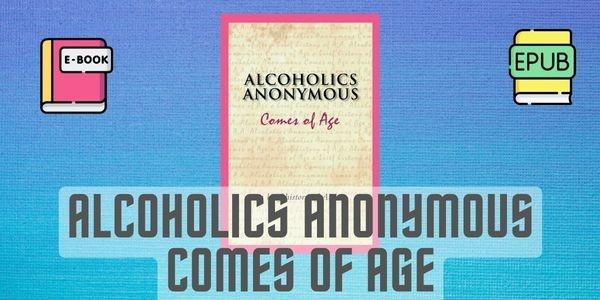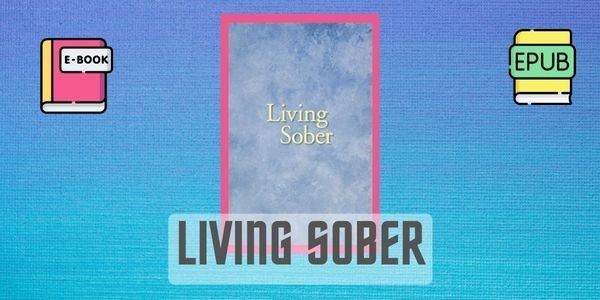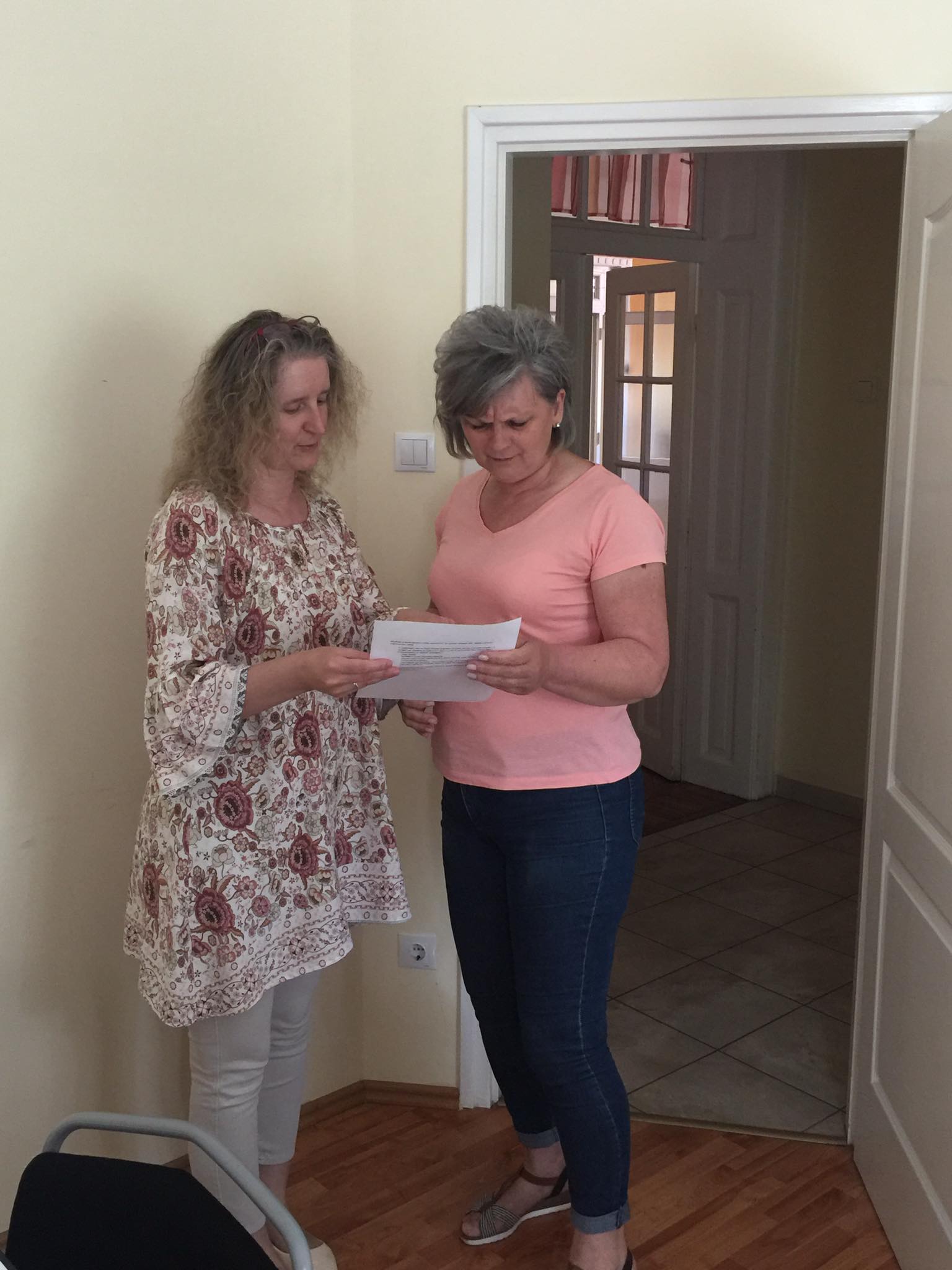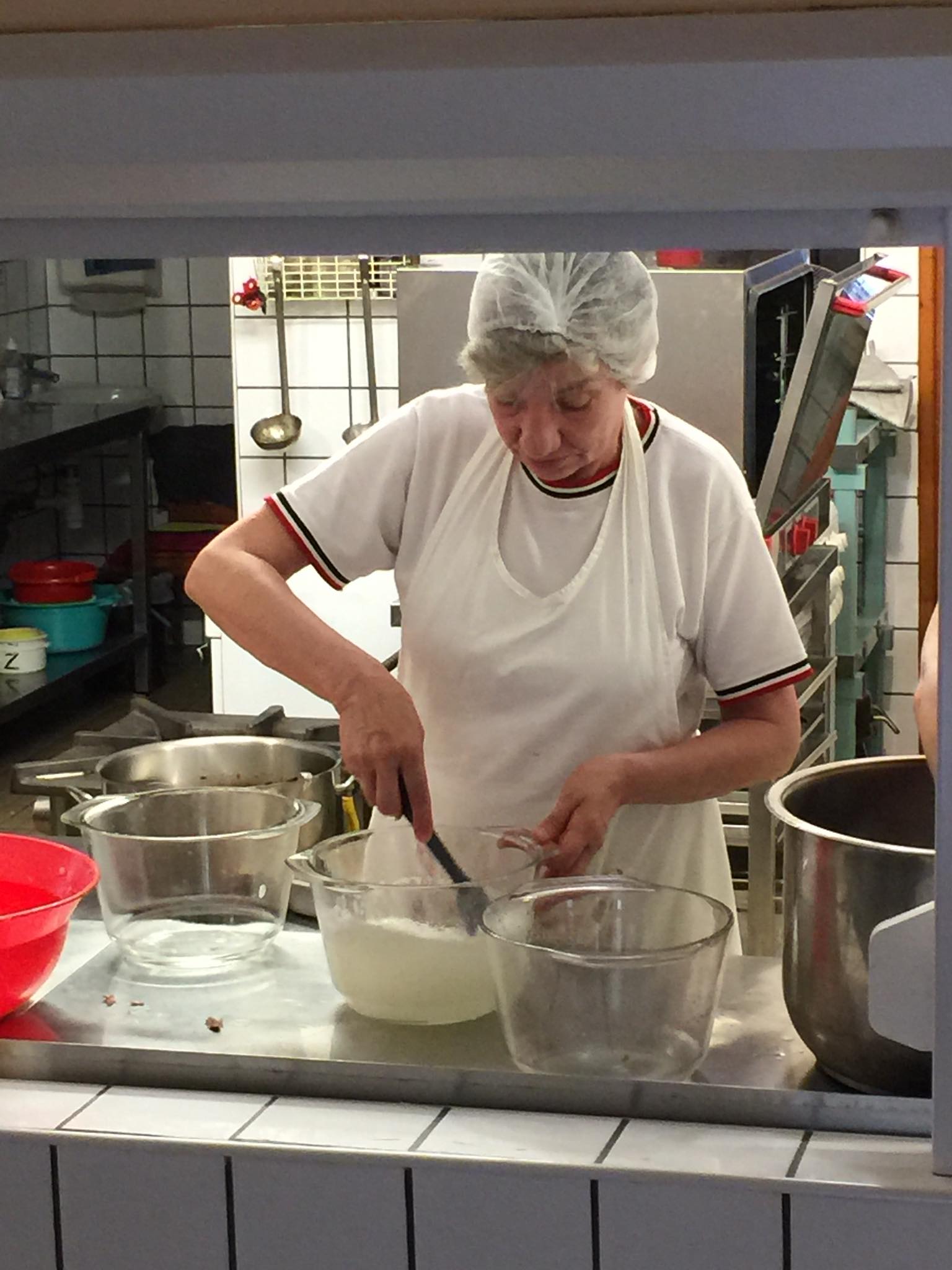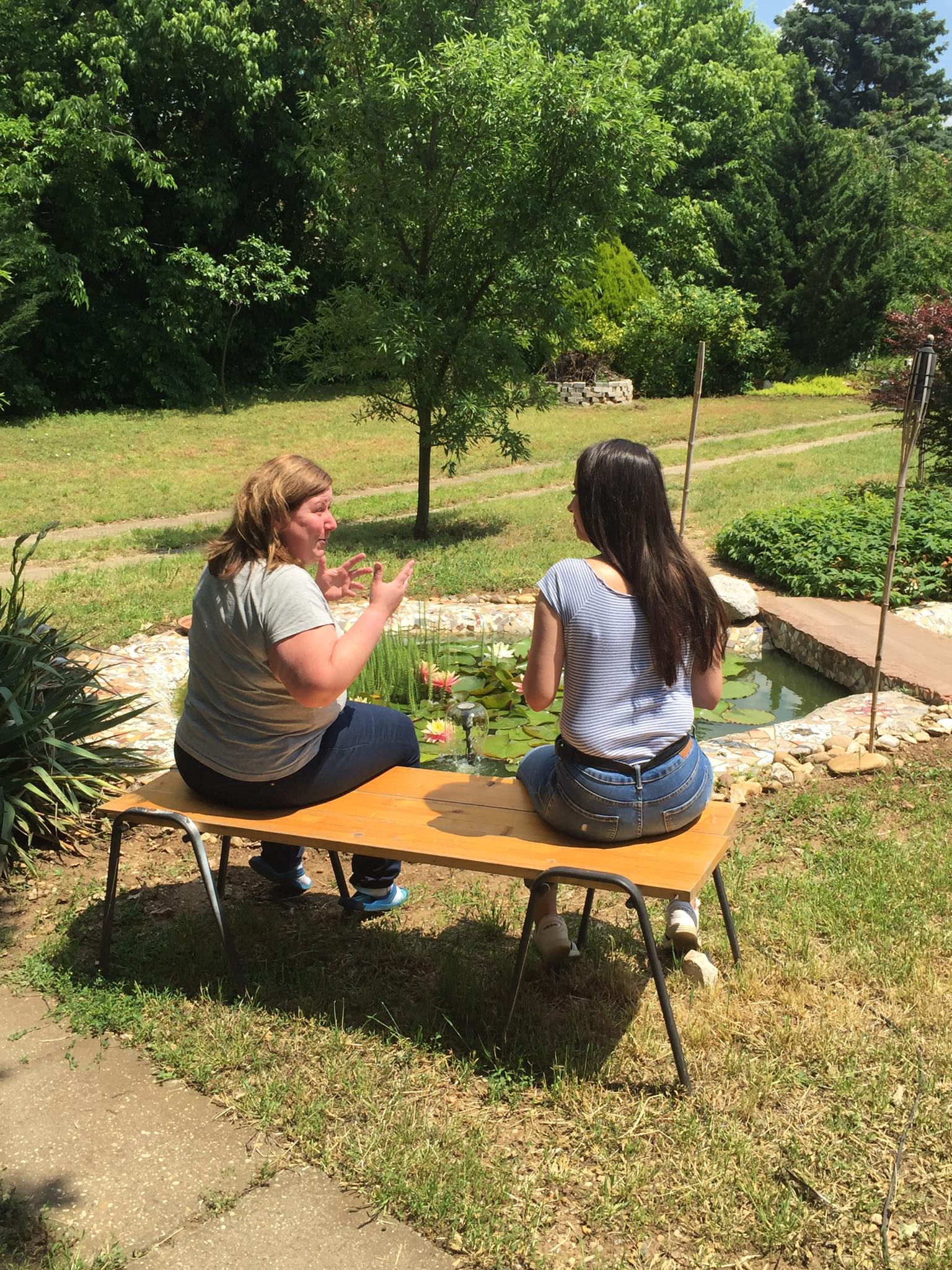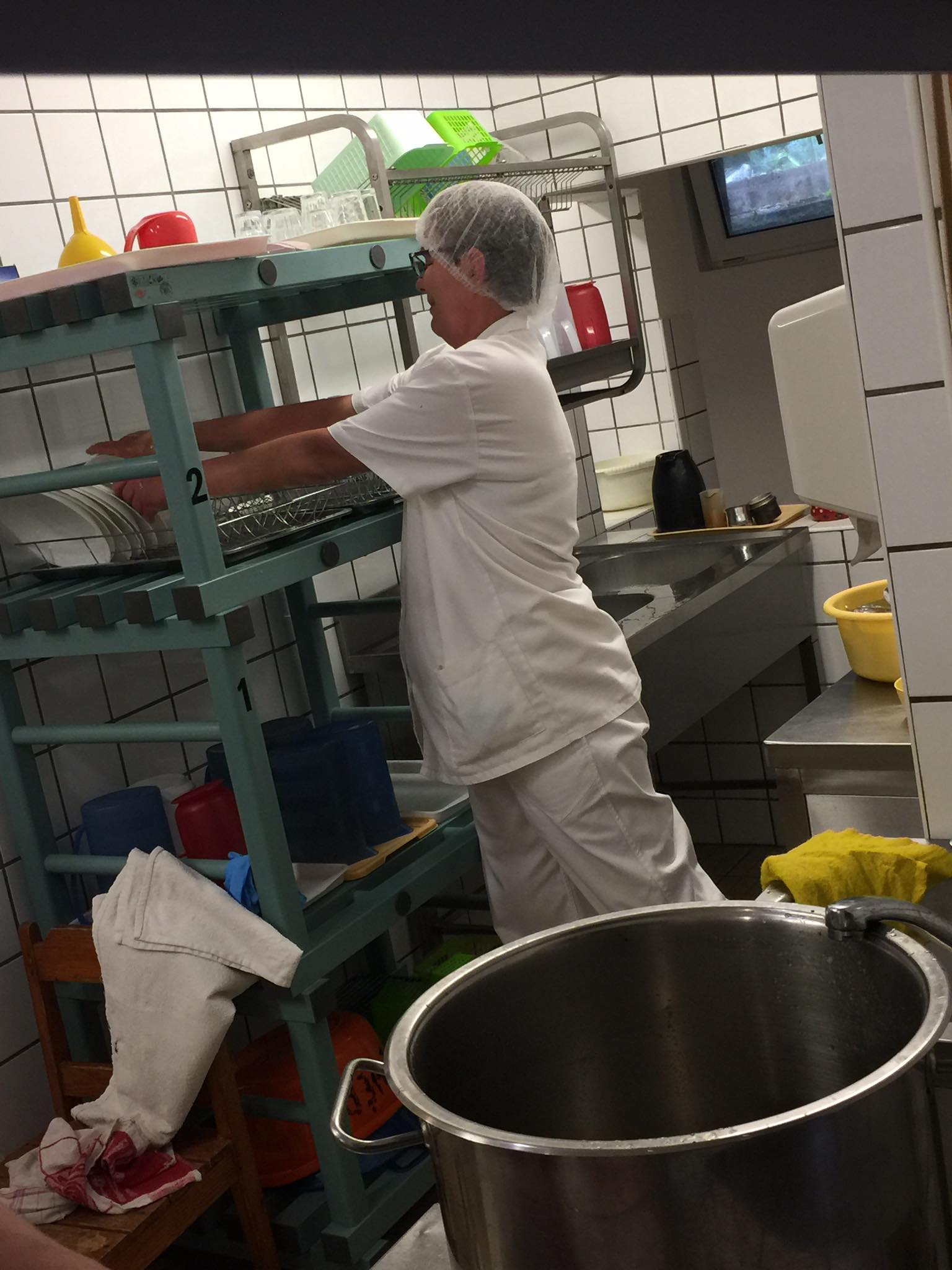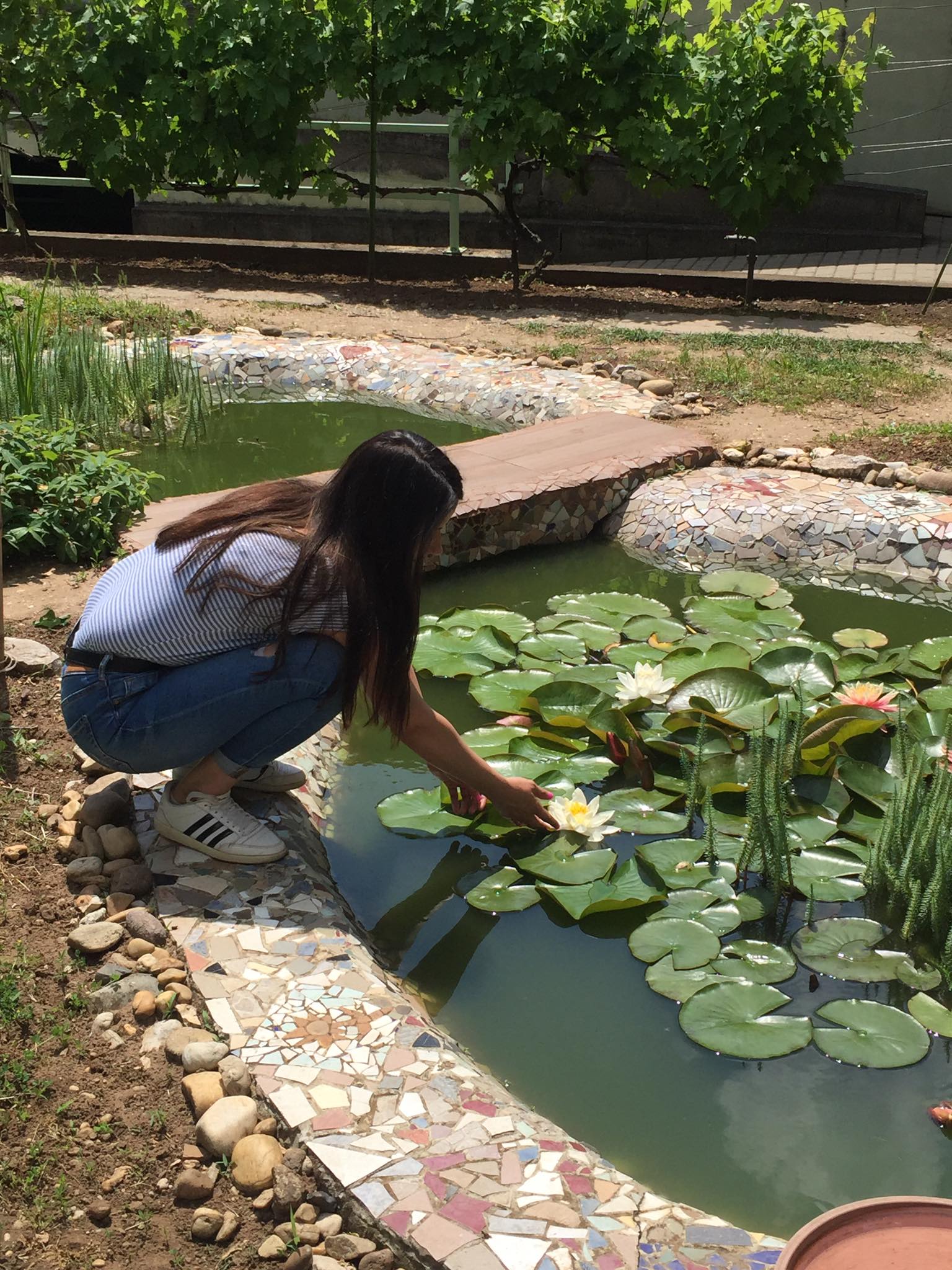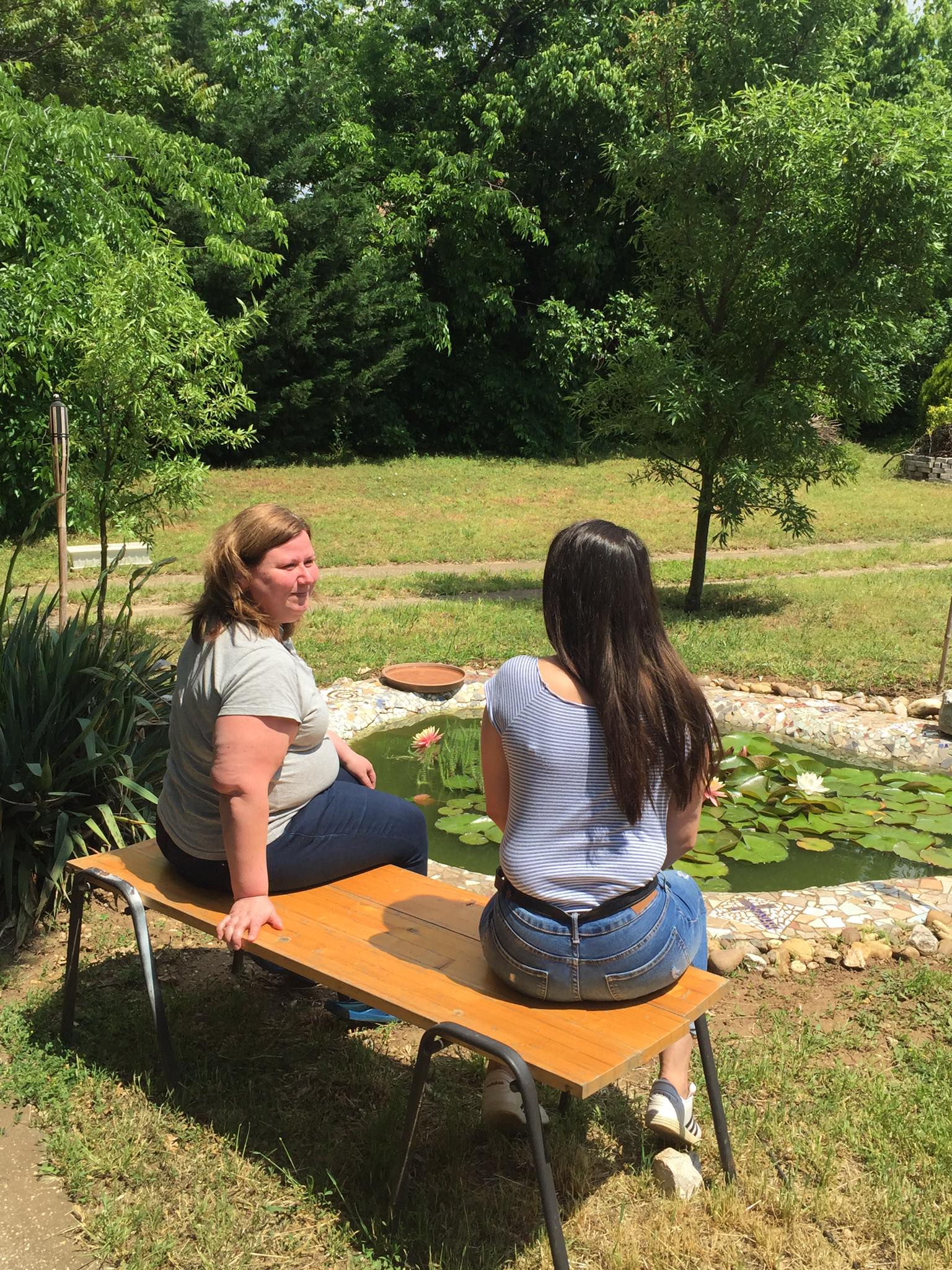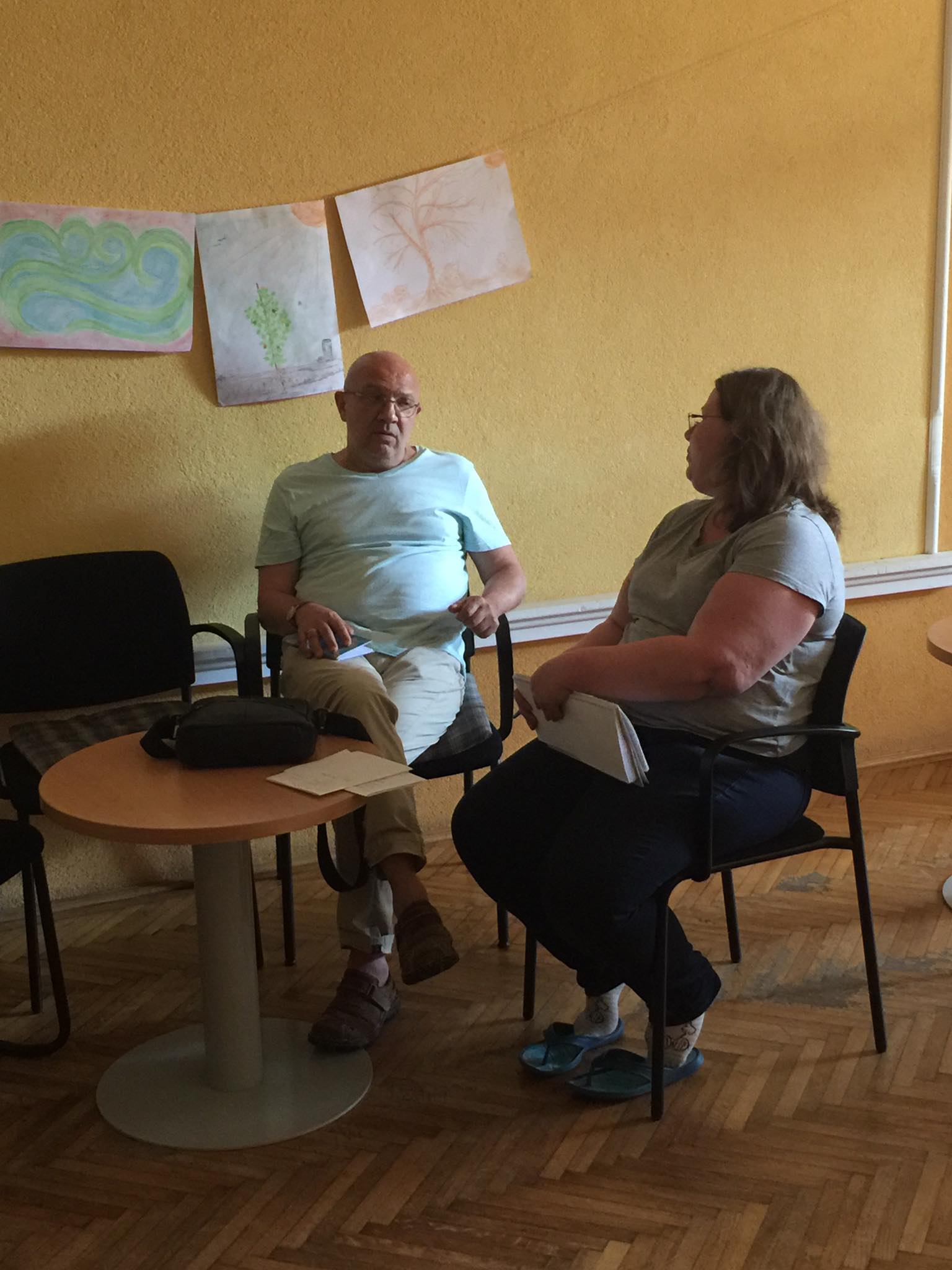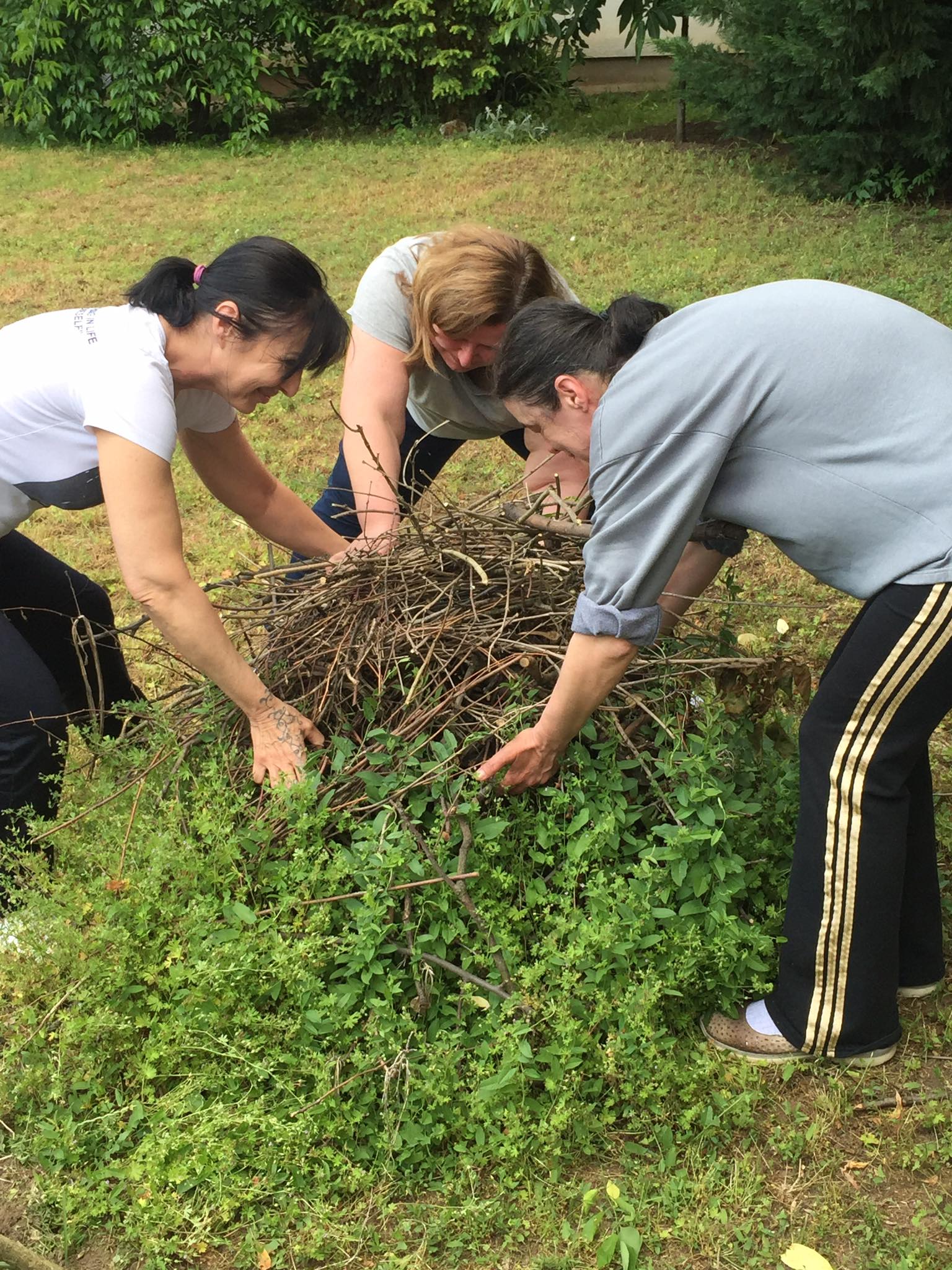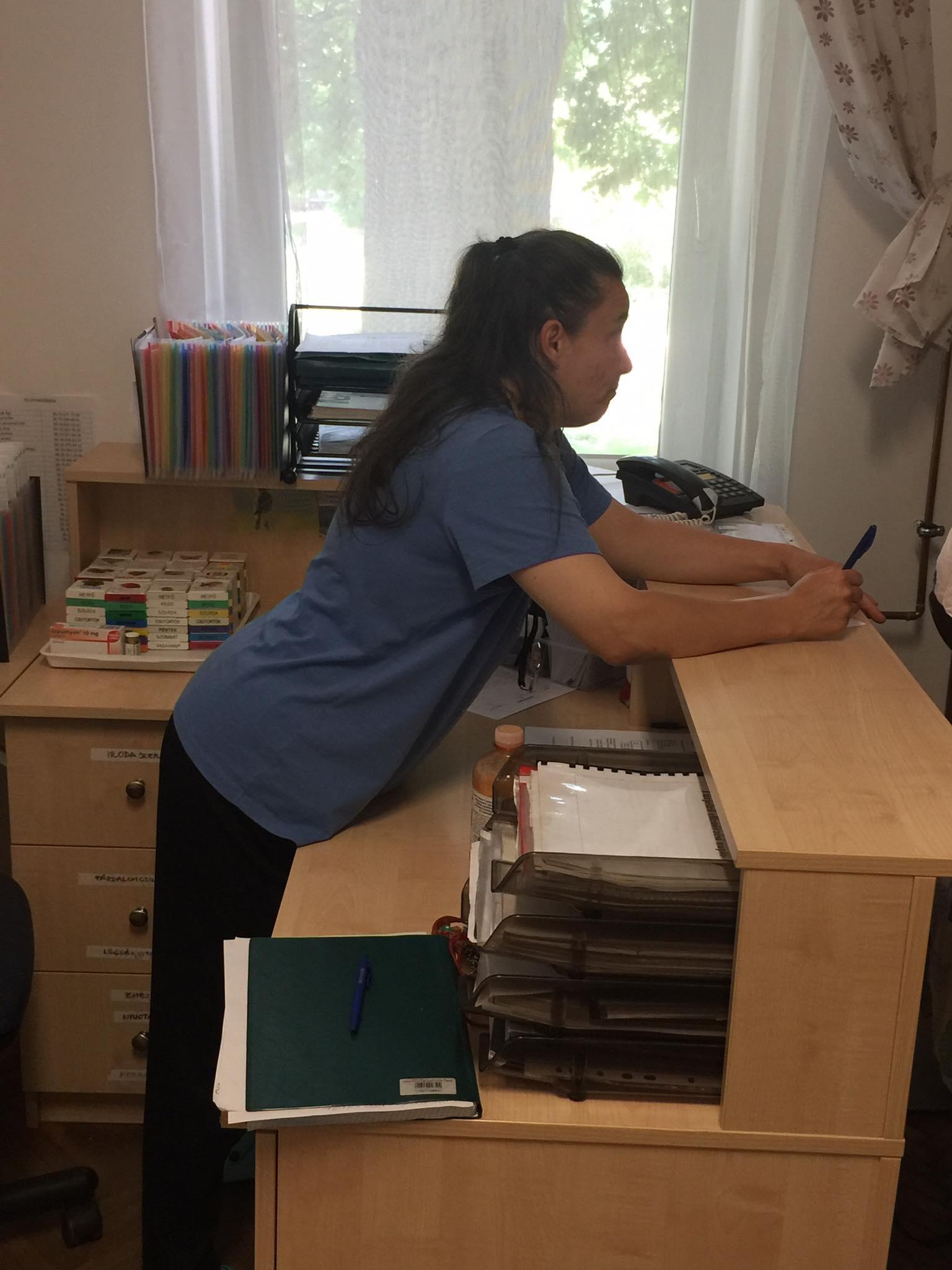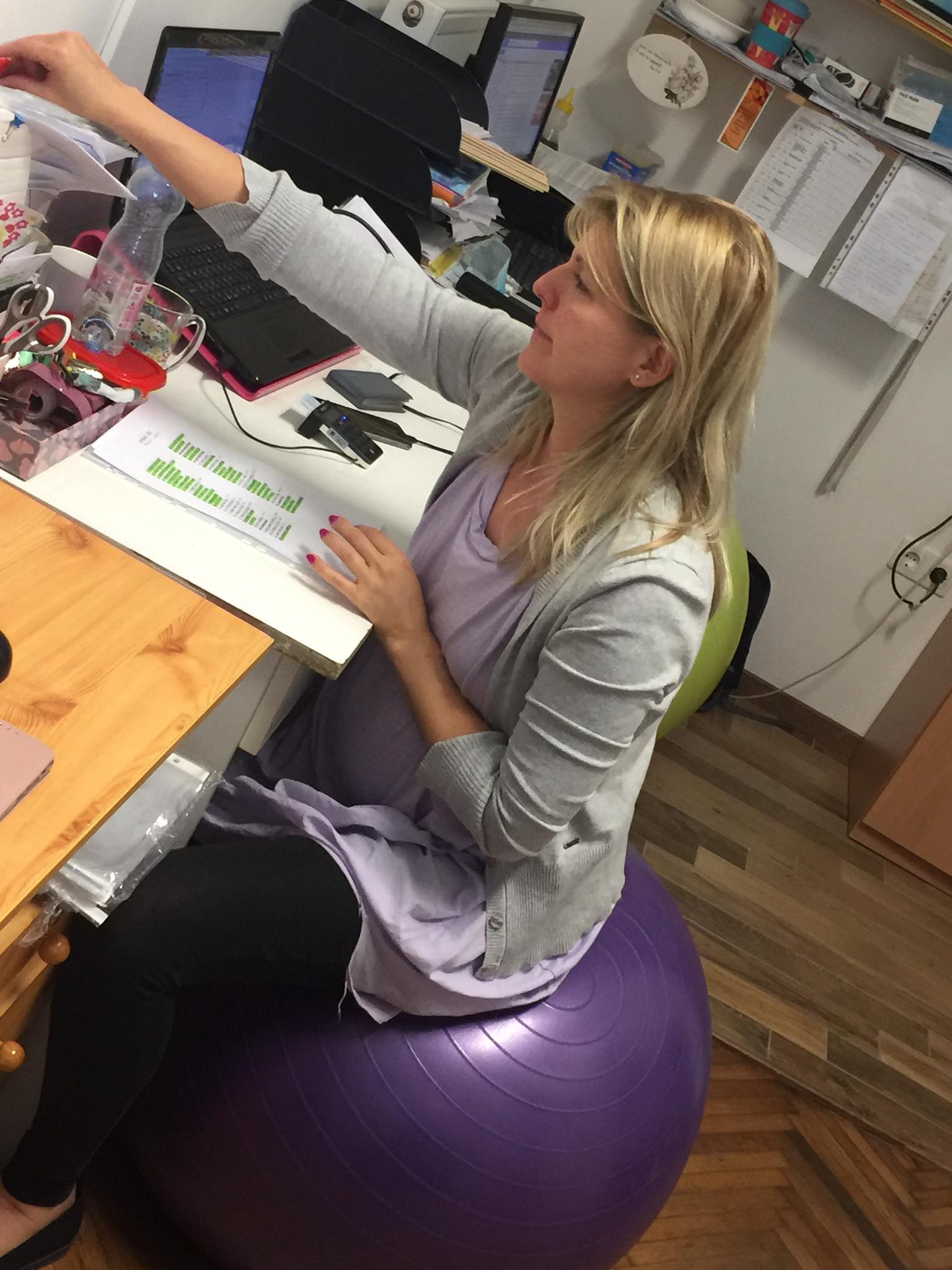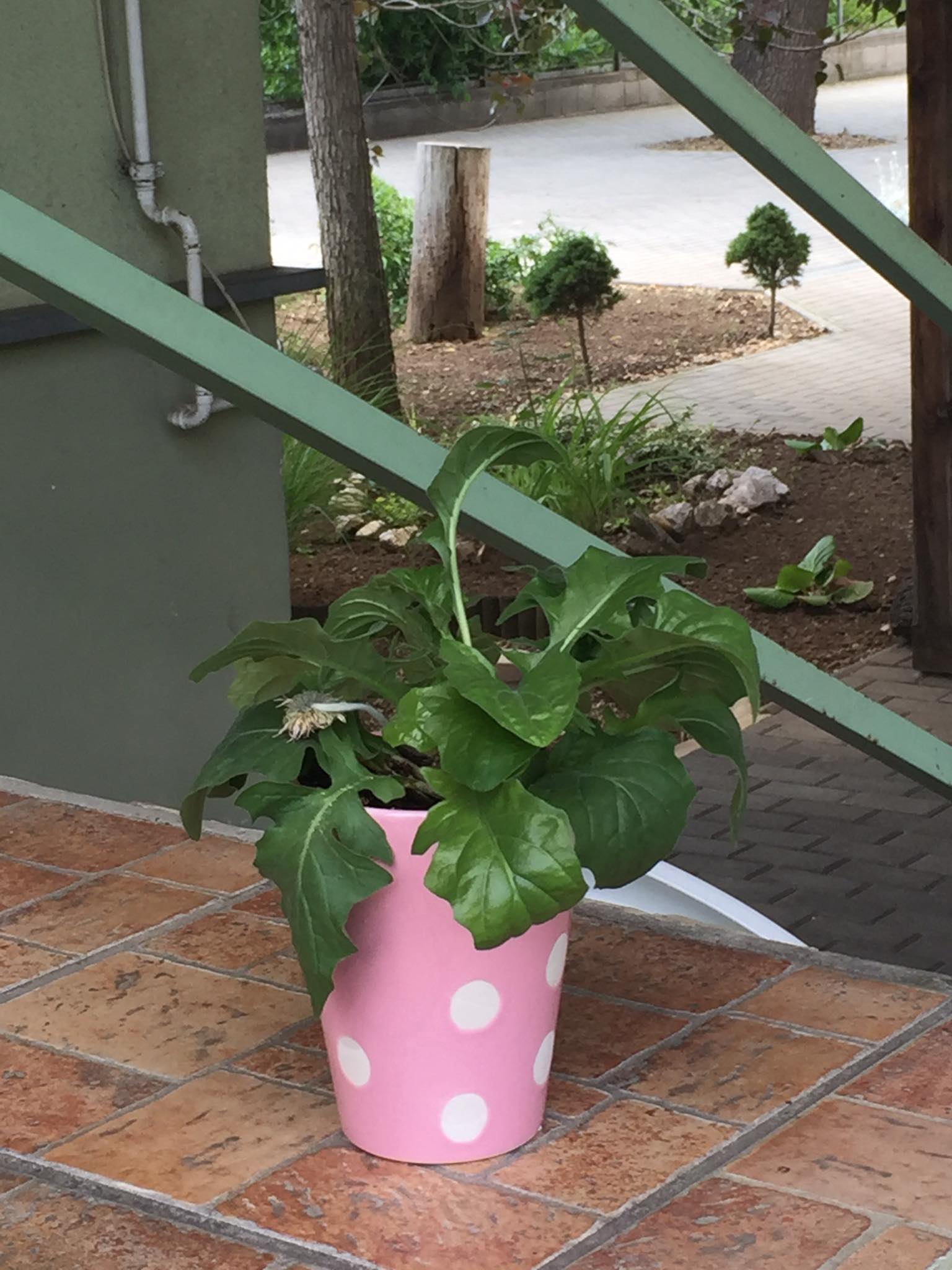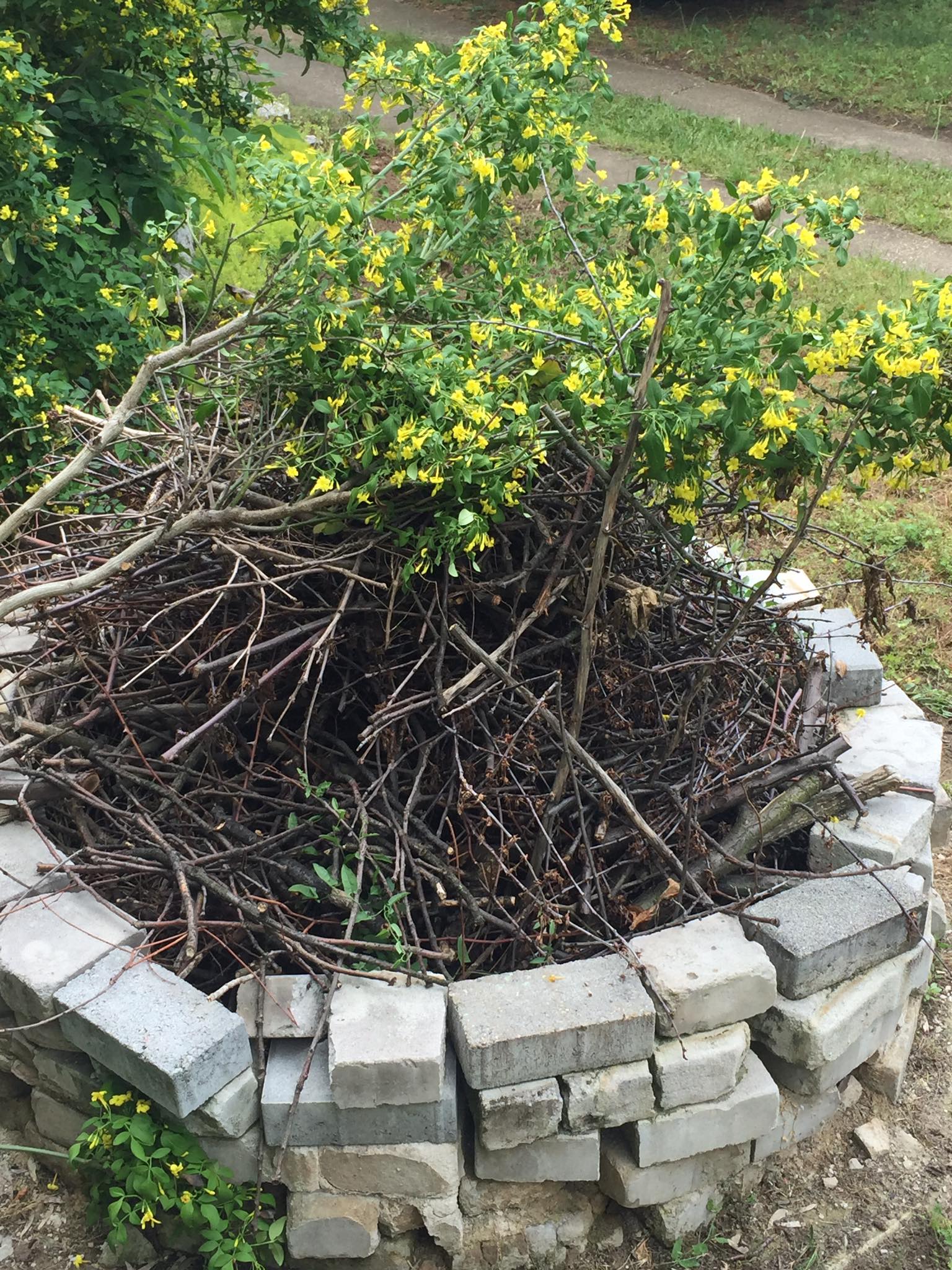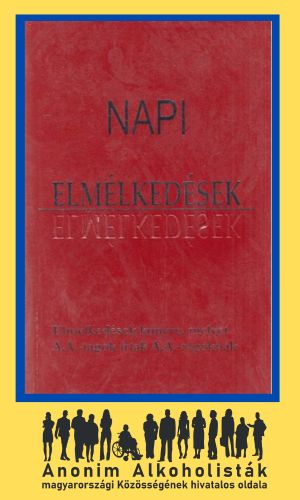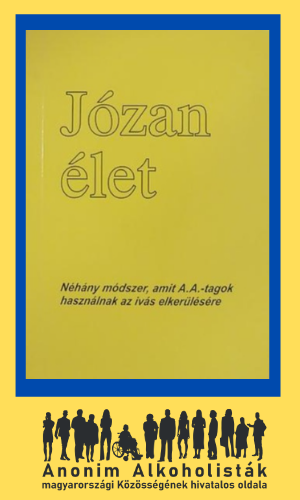PHYSICAL CARE
Accommodation in a 3, later 2-bed room - living space of a size that complies with the law. Each bed has a bedside table and a wardrobe of average size.
Clean, tidy and tidy environment, which is of course the responsibility of the resident.
Meals four times a day - breakfast, lunch, snack, dinner
Varied menu
Facilities for cleaning, laundry
Each resident is allowed to use his/her own clothes, textiles, cleaning and washing products.
Bed linen, towels, bedspreads are provided if necessary.
If one of our residents has a shortage of clothing, toiletries and detergents and has no income or sponsors, we will help to provide them in the way and in the quantities required by law.
Medical care and prescription medicines
MENTAL SUPPLY
Counselling - support to help you deal with stuckness and trauma
Mentoring - individual accompaniment, preparation and assessment of an individual rehabilitation plan in close cooperation with the resident.
The power of therapeutic community - no more effective form of therapy in addiction treatment than the recovery addict group, our main tool for generating change
Contact details of our team of professionals
SOCIAL CARE
Help with case management We help by not doing anything for the client, but with the client. The goal is to empower our residents to become their own helpers, to advocate for themselves, to stand up for themselves, to be effective in their own administration. We are happy to support and represent you if you do your part, what you are already able to do. We are happy to practise with them to help them become independent.
Helping to restore the relationship system - We work with the relationship system around the resident, the people who are willing to support him or her in sobriety. We are available for family and relative consultations at pre-arranged times.
SPIRITUAL CARE
Morning inspirational messages, midday devotions, Bible studies, worship services
On request, we are happy to pray with our residents









